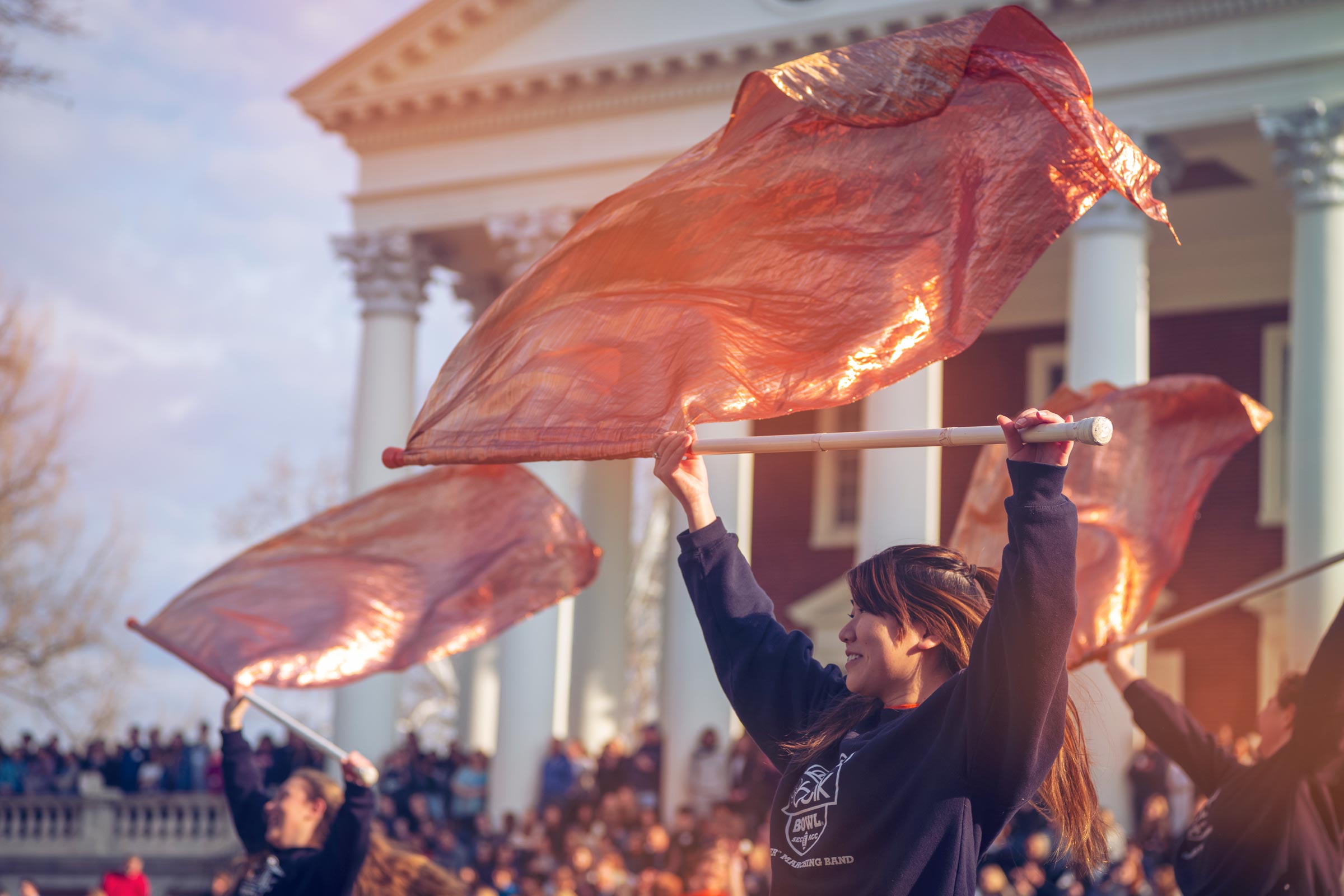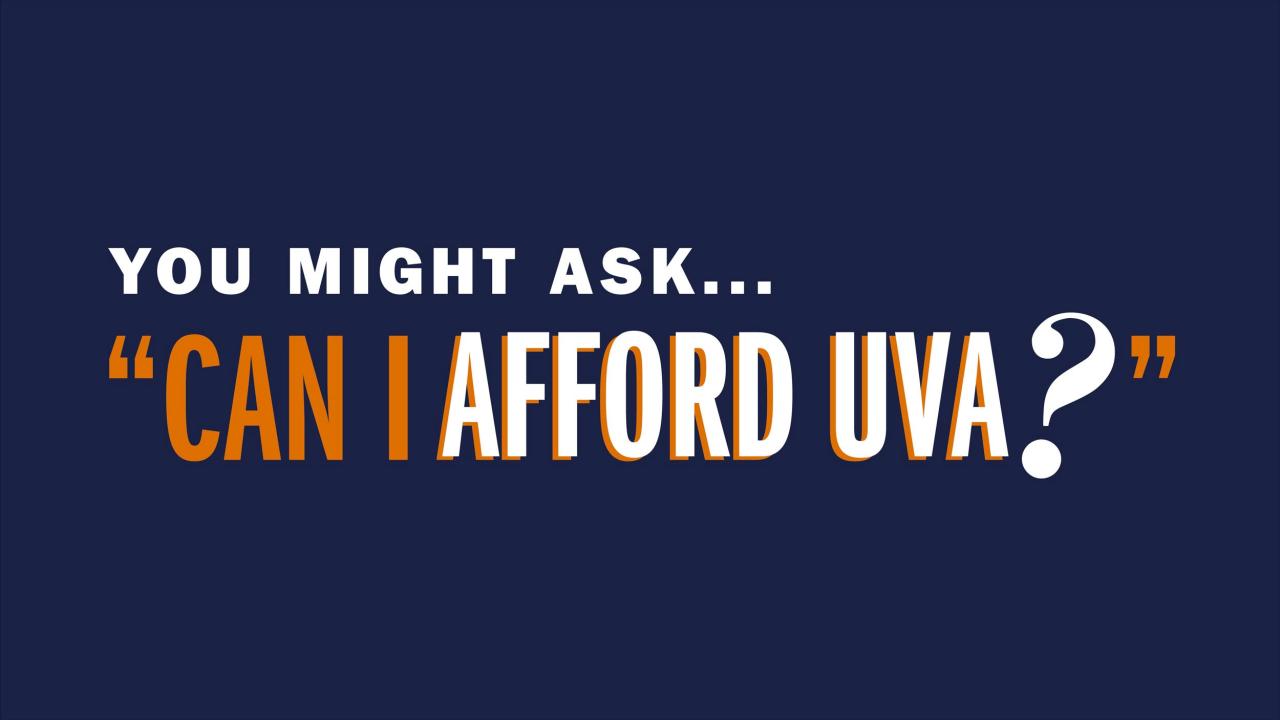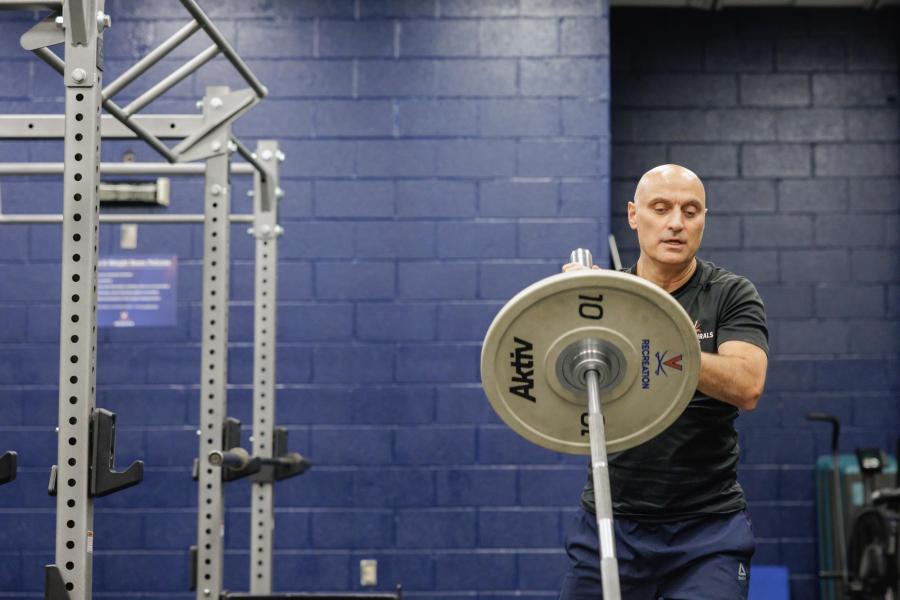- No. 3 overall best value public school,
- No. 3 best value public school for students who do not qualify for financial aid,
- No. 3 best public school for alumni networks, and
- No. 4 best public school for career placement.
“These rankings reflect UVA’s continued commitment to opening our doors to talented students from all backgrounds and to making it possible for everyone who is admitted to attend – regardless of their financial circumstances. It also reflects our commitment to providing the best possible value we can to our students,” UVA President Jim Ryan said. “This is not only good for students and their families, but also for UVA, because it means we are casting our net as wide as possible to bring in the most talented and promising students we can.”
“We admit great students who make each other better,” added Stephen Farmer, UVA’s vice president for enrollment. “When we make it possible for any of these students to join us, every other student benefits. I’m grateful for the commitment to financial aid that allows us to welcome such students and help them thrive.”
The Princeton Review based the best value rankings on schools with the highest return on investment, according to their methodology. The company also considered school-reported data in areas such as academics, graduation rates, student debt, cost, financial aid and career services from the 2020-21 school year. It also took into account data on the levels of job satisfaction and the salaries of alumni.
UVA has a long-standing commitment to generous need-based financial aid. The University’s financial aid program, Access UVA, meets 100% of undergraduates’ demonstrated financial need through a combination of grants, scholarships, jobs and need-based loans. It limits need-based loans to a maximum of $4,500 per year for in-state students and $7,000 annually for out-of-state students. Need-based loans are capped at $1,000 per year for in-state students with high financial need.




